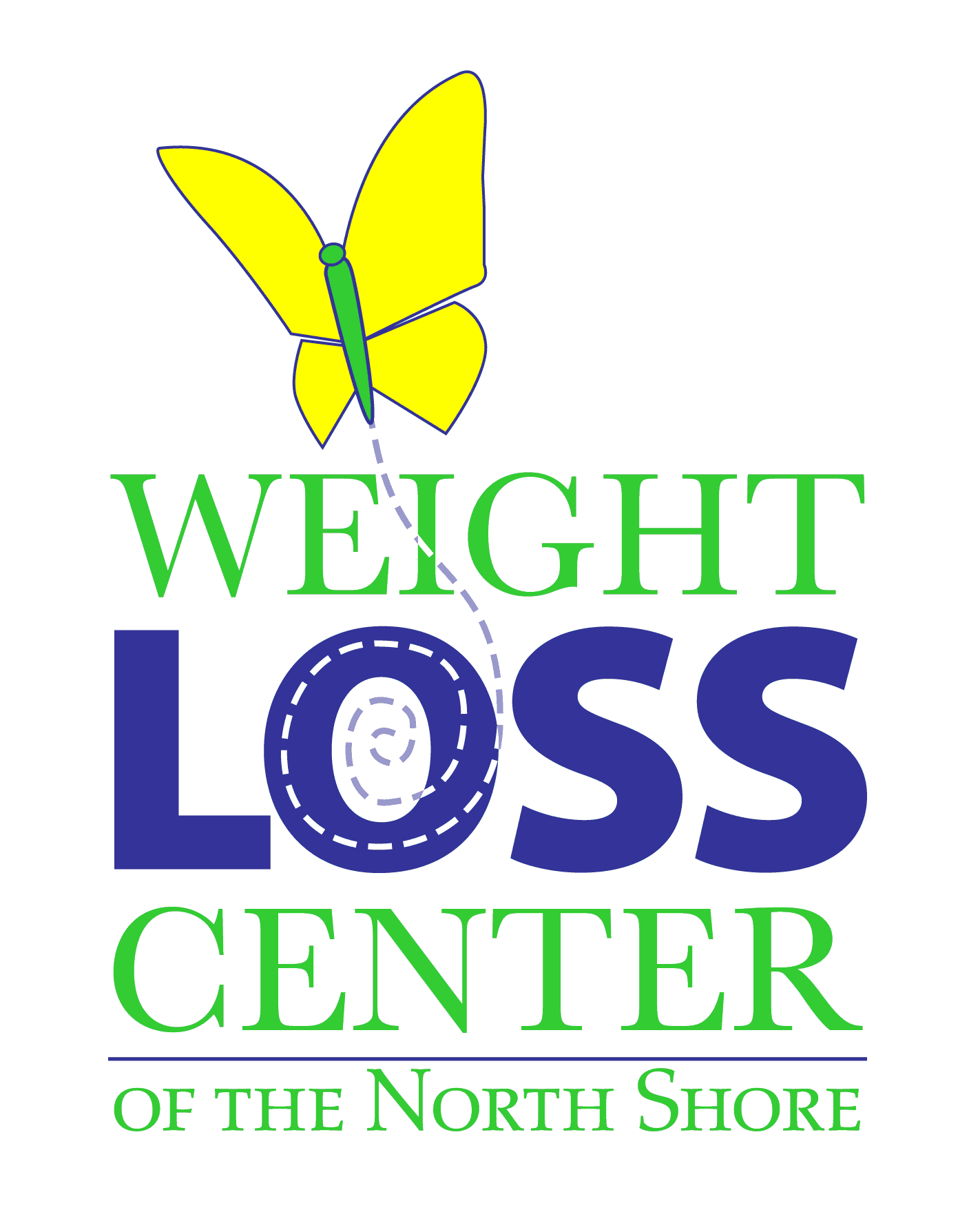Social Media Challenges: Are They Realistic for Sustainable Weight Loss?
The world of social media is inundated with weight loss challenges, each promising quick and dramatic results. From the viral "75 Hard Challenge" to the popular "30-Day Keto Diet," influencers often promote these programs. This article critically examines their realism and sustainability using a scientific lens.
Understanding Social Media Weight Loss Challenges
Social media platforms showcase a variety of challenges, like the '30-Day Keto Diet,' which promotes a high-fat, low-carbohydrate diet, and the '7-Minute HIIT Workout,' designed for quick, intense exercise sessions. Among these, the "75 Hard Challenge" stands out for its extreme demands: strict diet adherence, no alcohol, and two 45-minute workouts daily for 75 days straight. While these challenges attract many followers, their one-size-fits-all nature raises questions about effectiveness and safety.
The Science Behind Sustainable Weight Loss
Scientific research, such as "Behavioral Treatment of Obesity" (PLOS Medicine, 2021), emphasizes a gradual approach to weight loss, focusing on long-term lifestyle changes rather than quick fixes. A balanced diet, consistent exercise, and psychological well-being are considered fundamental. Rapid weight loss methods, like those often promoted in social media challenges, can lead to health complications and are generally not sustainable.
Evaluating Social Media Challenges Through a Scientific Lens
Some fitness programs advocate for an all-or-nothing approach, which can be unrealistic and potentially harmful. These extreme regimens can result in burnout, injury, or nutritional deficiencies. Additionally, these programs lack personalization and do not consider individual health conditions or fitness levels.
Misinformation about Meal Calories: Challenges often promote diets that are either too calorie-restrictive or underestimate the calories in certain 'healthy' foods, leading to nutritional imbalances.
Unrealistic Workout Routines: Programs like the "75 Hard Challenge" may prescribe excessive physical activity, which, without proper buildup, can be harmful, especially for beginners.
Negative Impact on Body Image: The emphasis on rapid transformation and showcasing 'ideal' bodies can lead to dissatisfaction and negative self-image.
Sustainable Weight Loss Strategies
Engaging in social media challenges like the "75 Hard Challenge" might seem appealing, but they often fail to consider individual health needs. Effective and sustainable weight loss strategies are those tailored to individual needs.
Consulting with health professionals for personalized diet plans and safe exercise routines is crucial. Seek expert guidance for a safe and effective weight loss journey at the Weight Loss Center Of The North Shore, where we take a holistic approach to weight loss. Dr. Carmela Mancini is dedicated to creating personalized plans based on scientific principles for lasting health and wellness.
References:
"Behavioral Treatment of Obesity" - PLOS Medicine, 2021
"Calorie Intake Misreporting by Diet Record and Food Frequency Questionnaire Compared to Doubly Labeled Water" - European Journal of Clinical Nutrition, 2020
"Risks and Benefits of Exercise" - Journal of Cardiopulmonary Rehabilitation and Prevention, 2019
"Impact of Social Media on Body Image" - Computers in Human Behavior, 2018
Shapley, H., & Jo, S. J., Ph.D. (2024, January 2). What Is The 75 Hard Challenge? Benefits, Rules And More. Forbes.com. https://www.forbes.com/health/fitness/what-is-the-75-hard-challenge/
